Buying a used car can be an exciting experience, but it comes with its own set of risks, especially with the rise of re-vinned vehicles. Re-vinning is a sophisticated method used by criminals to disguise stolen cars by altering their Vehicle Identification Number (VIN). This practice is becoming increasingly common in Canada, posing significant risks to unsuspecting buyers. Here’s what you need to know to protect yourself.
What is Re-Vinning?
Re-vinning involves stealing a vehicle and replacing its original VIN with a counterfeit one. This makes the stolen car appear legitimate, allowing criminals to sell it to unsuspecting buyers. With law enforcement cracking down on exporting stolen vehicles, organized crime groups are now focusing on re-vinning cars for local resale. For instance, Toronto Police’s “Project Warden” recently uncovered a large-scale auto theft operation run by a network of organized crime groups involving re-vinned vehicles.
The Impact on Buyers
Purchasing a re-vinned vehicle can have devastating consequences. If the true identity of the car is discovered, you could lose both the vehicle and your investment. Additionally, the rise in auto theft claims contributes to higher insurance premiums for everyone. It’s crucial to be vigilant and take steps to ensure you’re not buying a stolen car.
Steps to Protect Yourself
- Conduct a Vehicle History Check: Use reliable resources like CARFAX or provincial vehicle registration histories to check for inconsistencies. Look out for red flags such as a car’s first registration years after its manufacture date or U.S. service records for a vehicle registered in Canada.
- Contact the Government of Canada’s Canadian Police Information Centre (CPIC) Visit CPIC’s website for a free, high-level VIN check or call them at 1-800-731-4000. This public search tool provides access to the national police database to see if the vehicle is listed as stolen property in any province or territory or is noted in any other law enforcement databases.
- Verify Seller Information: Be cautious if the seller has owned the vehicle for only a short time. This could indicate they’re trying to offload a re-vinned car quickly.
- Perform a Physical Inspection: Check the VIN on the dashboard, drivers side door jamb, the engine block and other parts of the car for signs of tampering. Ensure all VINs match and are consistent with registration documents. The VIN is a unique number that describes the car’s make, model, year of manufacture and country of origin.
- Be Wary of Too-Good-to-Be-True Deals: If a deal seems too good to be true, it probably is. Fraudsters often use low prices and quick cash sales to lure buyers.
- Check Payment Methods: Verify the authenticity of payments if you’re buying or selling a vehicle. Confirm the validity of cheques or bank drafts directly with the issuing institution.
- Involve Law Enforcement When in Doubt: If you suspect a vehicle might be re-vinned, report your concerns to the police before finalizing the purchase.
- Ask for Service Records: Request a history of regular maintenance receipts from the seller. This can indicate the car is less likely to be stolen and that the seller is a responsible owner.
- Obtain a Used Vehicle Information Package (UVIP): In provinces like Ontario, private sellers must provide a UVIP, which includes vehicle details, registration history, lien information, and more.
- Consider Buying from a Dealership: Purchasing a Certified Pre-Owned vehicle from a dealership can reduce the risk of buying a stolen car. While it may be more expensive, it offers peace of mind.
What to Do If You Buy a Stolen Car
If you unknowingly purchase a stolen or re-vinned vehicle, you’ll likely find out when you try to register it. The car will be returned to its original owner, and you’ll lose your investment. This is why it’s essential to take all necessary precautions before buying a used car.
By following these steps, you can protect yourself from becoming a victim of auto theft and ensure your used car purchase is a safe and sound investment. Once you’ve done your due diligence, you can enjoy your new ride with confidence. For more tips on insuring your used car, check out our comprehensive guide or contact us to speak to one of our brokers about getting a quote.




